Monday the 21st of September is world Alzheimer’s day.
On average, 2 out of 3 people globally have little to no understanding of Alzheimer’s disease and associated Dementia. This campaign was launch in September 2012 and its impact in increasing awareness. However, the stigma and lack of information surrounding the disease still remains to be a global issue.
The sad truth is most people think that this disease is a normal part of aging. Even though the greatest risk factor for Alzheimer’s is increasing age (majority of patients being 60+) this does not completely classify the disease as an elderly disease.
For example, in America there is around 200,000 people under the age of 65 with early-onset Alzheimer’s.
We want to shed some light on Alzheimer’s. We want to help the understanding of this tragic disease grow and the stigma lessen. Today we will talk about the difference between Alzheimer’s and Dementia, possible symptoms and where to go for help.
What is Dementia?
Dementia describes a number of symptoms associated with a decline in memory, reasoning or other thinking skills.
There are many different types of Dementia and a wide number of conditions cause it. Dementia is not a normal part of aging. It is caused by damage to brain cells and this affects their ability to communicate and this can affect thinking, behavior, and feelings.
Alzheimer’s is the most common cause of Dementia and accounts for 60-80% of Dementia cases.
What is Alzheimer’s?
Alzheimer’s is a degenerative brain disease that happens because of complex brain changes after cell damage. It can lead to Dementia symptoms that can get worse over time.
The earliest sign is having trouble remembering new information because it affects the part of the brain associated with learning first.
Unfortunately, there is no way to prevent, cure or even slow down Alzheimer’s.
**It is important to remember that Alzheimer’s is a specific disease. Dementia is not**
Symptoms:
- Trouble remembering new information
- Confusion with time and location
- Difficulty completing familiar tasks
- Difficulty with problem solving
- Misplacing items
- Poor judgement
- Withdrawal from social activities
- Trouble with images and spaces
- Difficulty with words
- Unfounded emotions
Where to go for Help
The best possible course of action to take when you believe you or someone you know is showing signs of Alzheimer’s is to visit your Doctor, no matter what country you live in. Your Doctor will have all the information you need and guide you through each step of diagnosis and treatment.
If you want to learn more about World Alzheimer’s Day – Please feel free to read more here
For those who wish to make the kitchen a little safer when dealing with boiling water – Check out our Uccello Kettle.



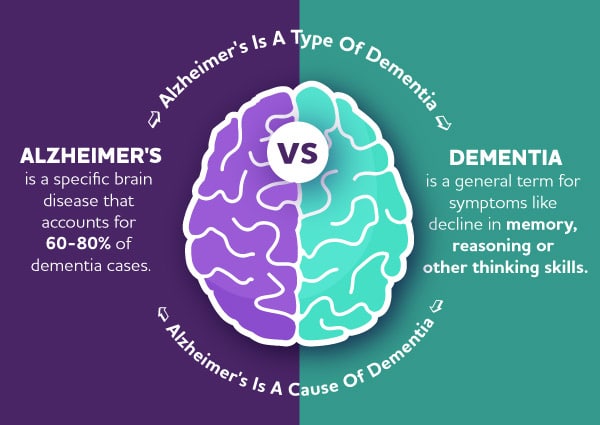

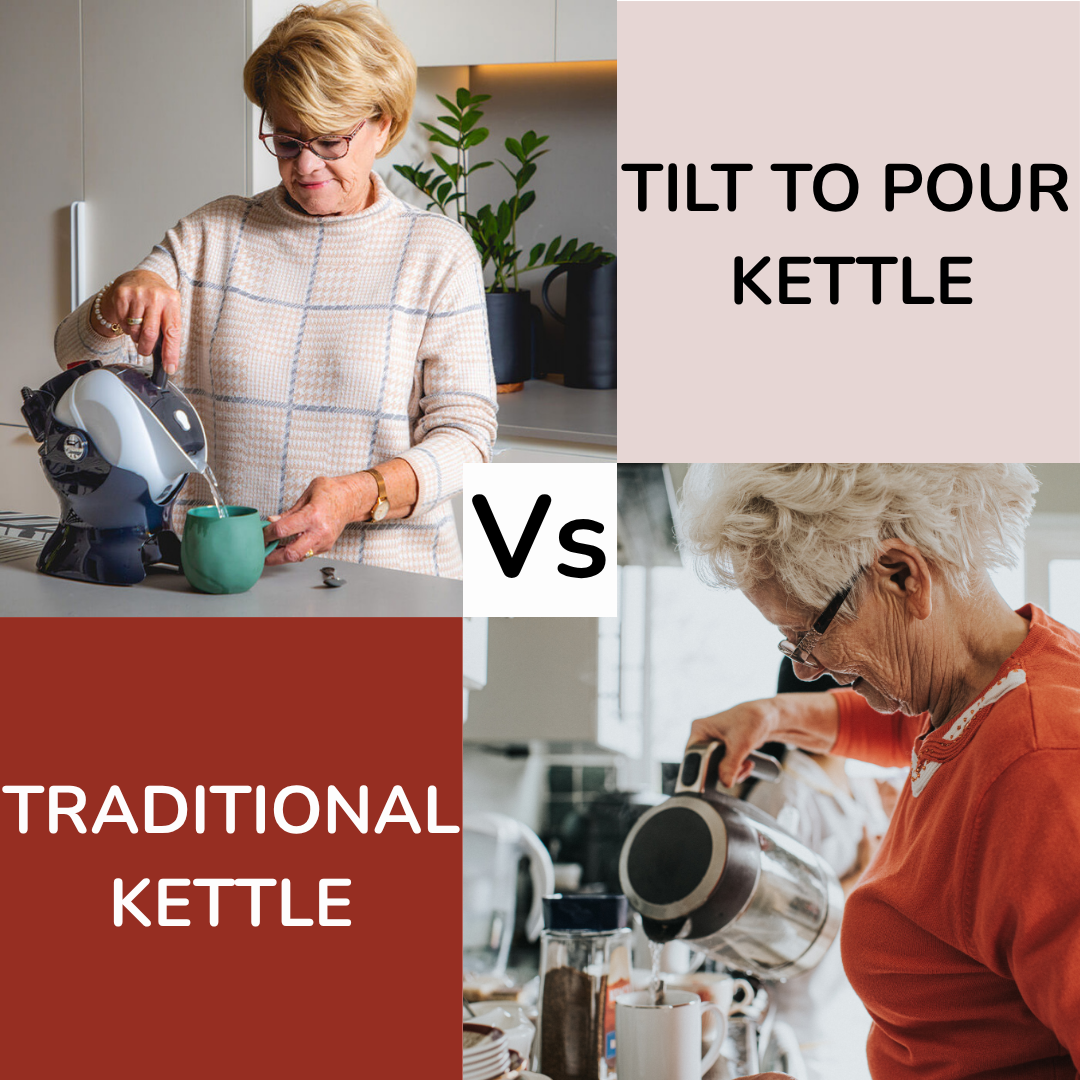

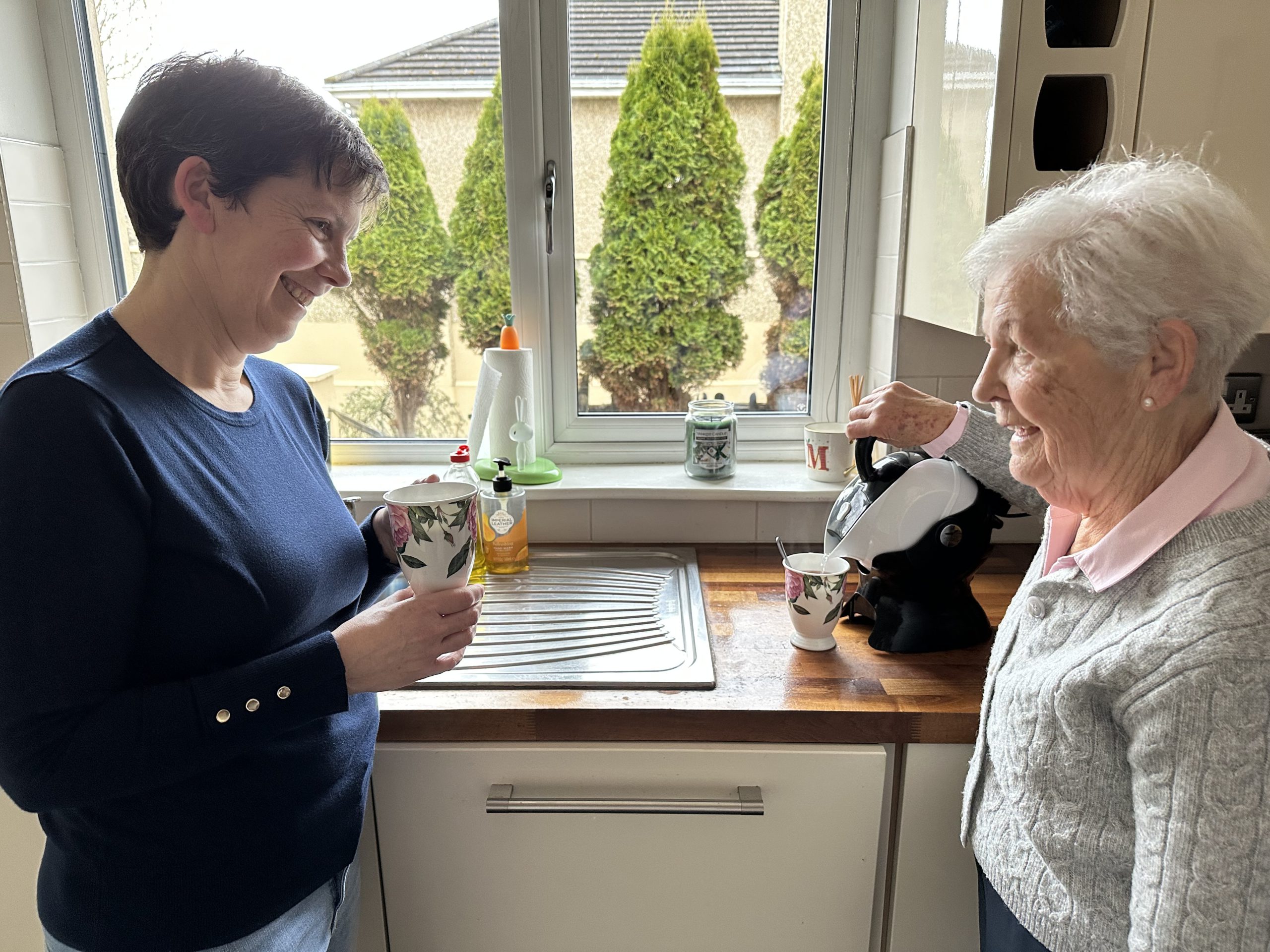


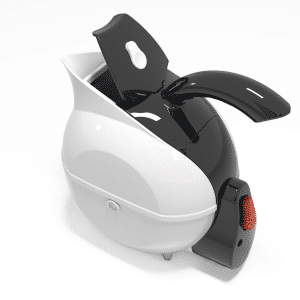


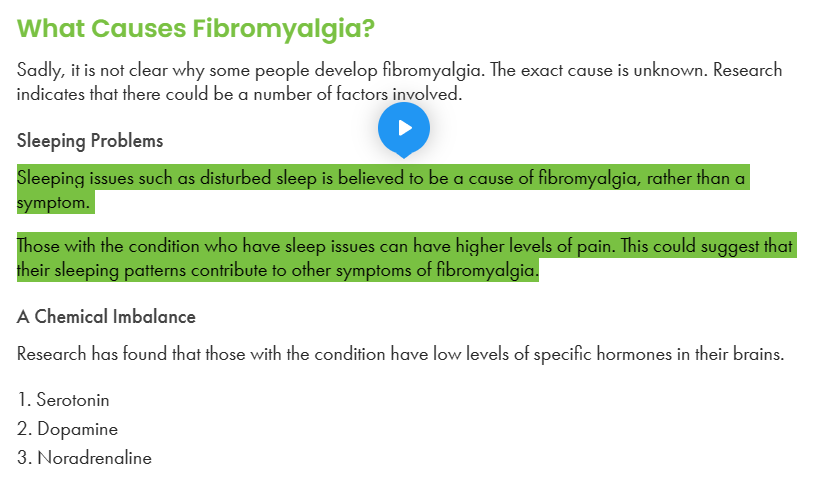
Leave a Comment